A viral video has reignited national debate after claiming that “police can raid your home without a warrant” — a statement that has shocked millions online and left many wondering if their privacy is really protected. But how true is it? Let’s break down what’s fact, what’s fiction, and what the law actually allows.
The clip, which shows officers entering a home while a narrator warns viewers about “no-warrant raids,” has exploded on social media, racking up millions of views. In the footage, officers can be seen moving through a residence as a man’s voice warns, “They may raid your house without a warrant!”
But experts say the reality is far more nuanced. In most cases, the Fourth Amendment of the U.S. Constitution strictly protects citizens from unlawful searches and seizures, meaning police must obtain a signed warrant from a judge before entering someone’s private property. However, there are a few specific exceptions — and those exceptions are what often fuel viral confusion.
According to criminal defense attorneys, police can legally enter a home without a warrant only under “exigent circumstances.” These include situations where:
- Someone’s life or safety is in immediate danger.
- A suspect is actively fleeing or destroying evidence.
- Officers hear or see something that indicates a serious crime is occurring inside (such as screaming or visible weapons).
In those moments, police are legally allowed to act first and justify the entry later. “If officers believe someone inside is hurt or in danger, they don’t have to wait for a judge to sign off,” explains one legal analyst. “It’s a matter of urgency and public safety.”
However, critics argue that this loophole is often abused. Over the past few years, several high-profile cases have shown officers entering homes under questionable “emergency” claims — only for courts to later determine that the entries were unconstitutional.
Civil rights advocates are now pushing for tighter oversight and clearer bodycam protocols. “People have a right to privacy, and police should be held accountable when that’s violated,” said one spokesperson from the American Civil Liberties Union (ACLU).
In contrast, law enforcement officials defend the policy, saying hesitation could cost lives. “If we hear a child screaming for help, we’re not going to stand outside waiting for a warrant,” said one police chief. “Every second counts.”
The viral video may have dramatized the issue, but it does touch on a very real concern: the delicate balance between safety and personal freedom.
So, can the cops “raid your house” without a warrant? Not usually — but if they believe an emergency is unfolding, they might have the legal right to enter.
Experts urge citizens to stay calm and informed. “Know your rights, but also understand the law,” one attorney advised. “If you believe your rights were violated, document everything and contact a lawyer immediately.”
In the end, this viral clip serves as both a warning and a wake-up call — reminding Americans that the line between protection and intrusion can be razor-thin.
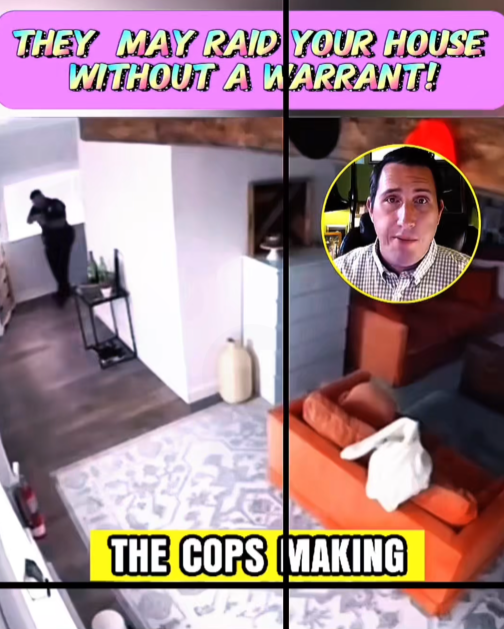
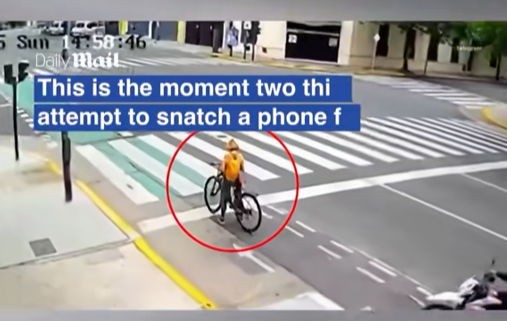
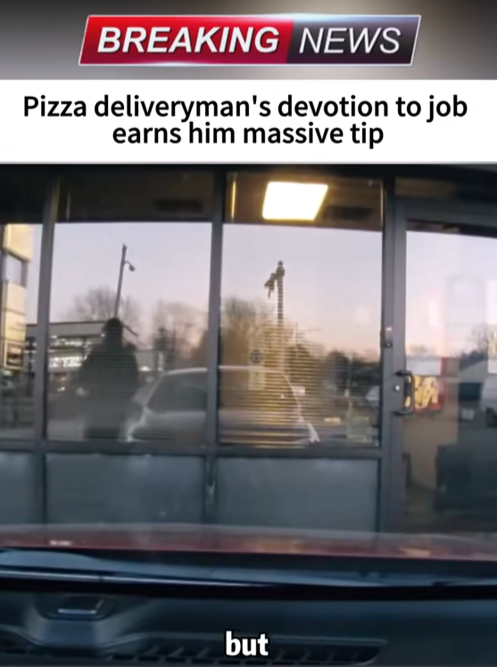

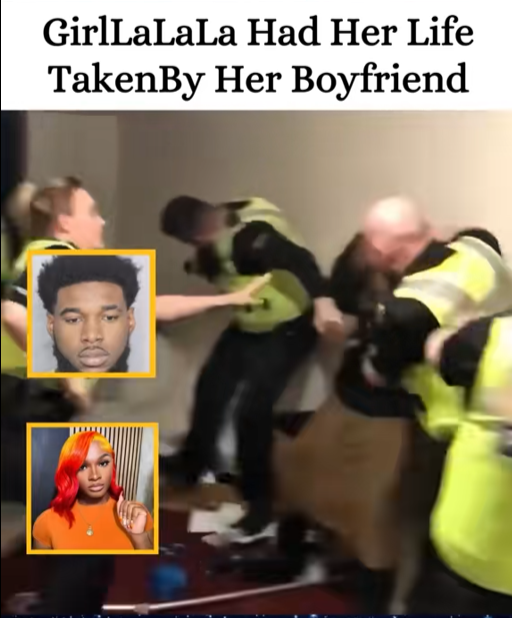


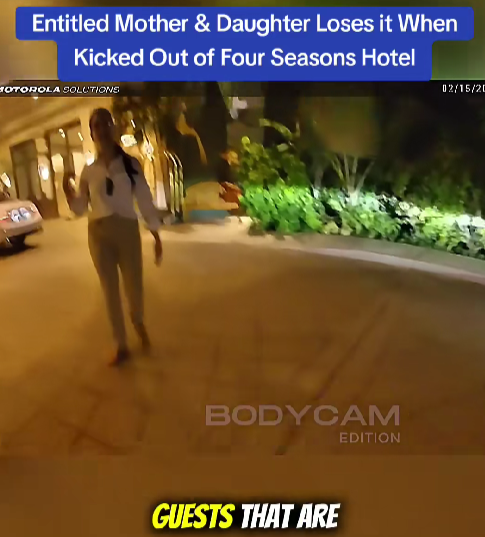
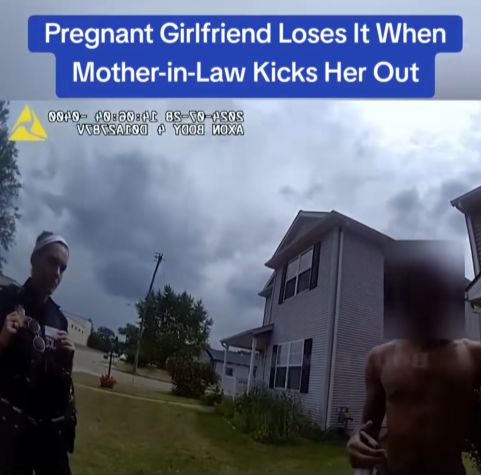
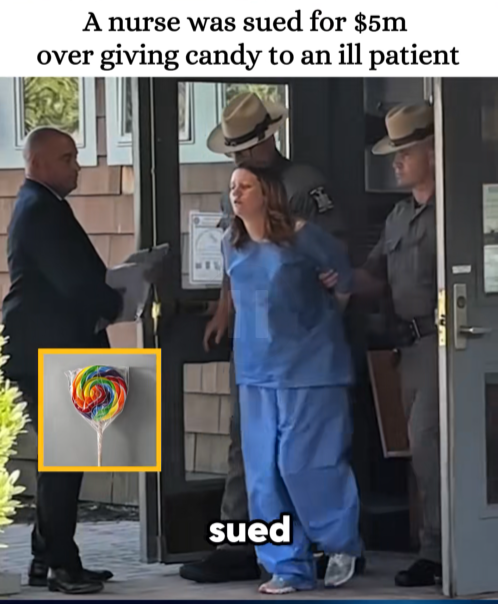

Leave a Reply